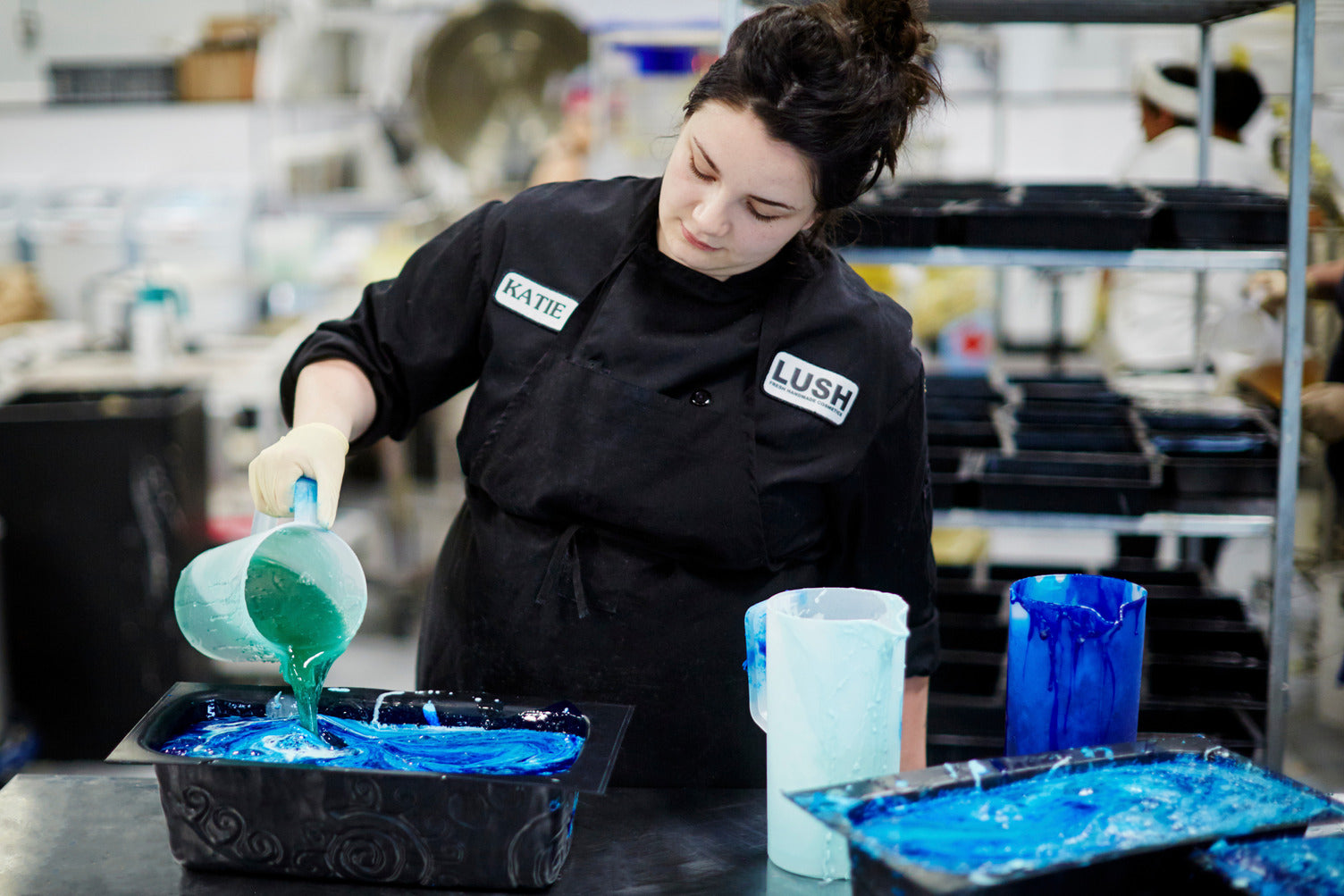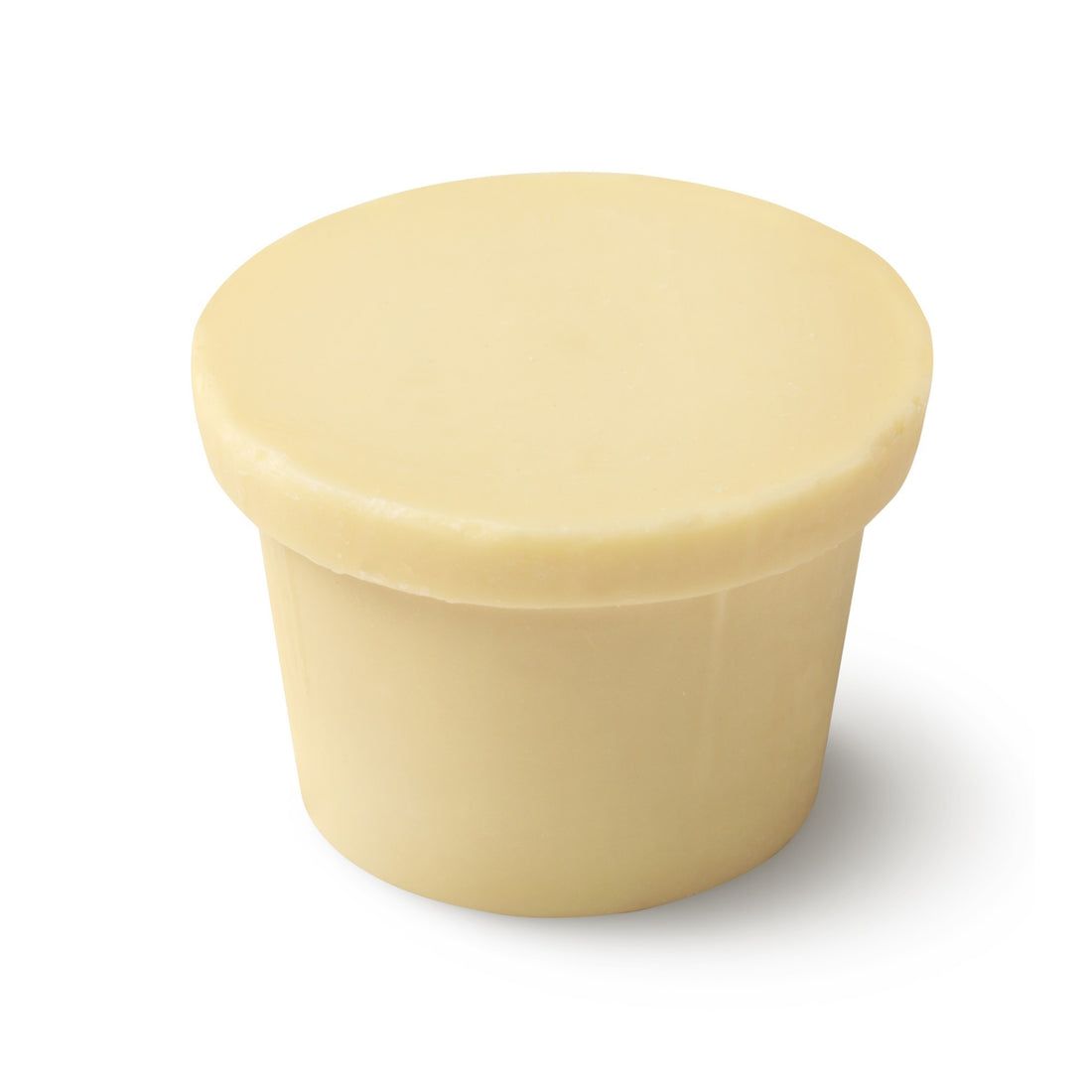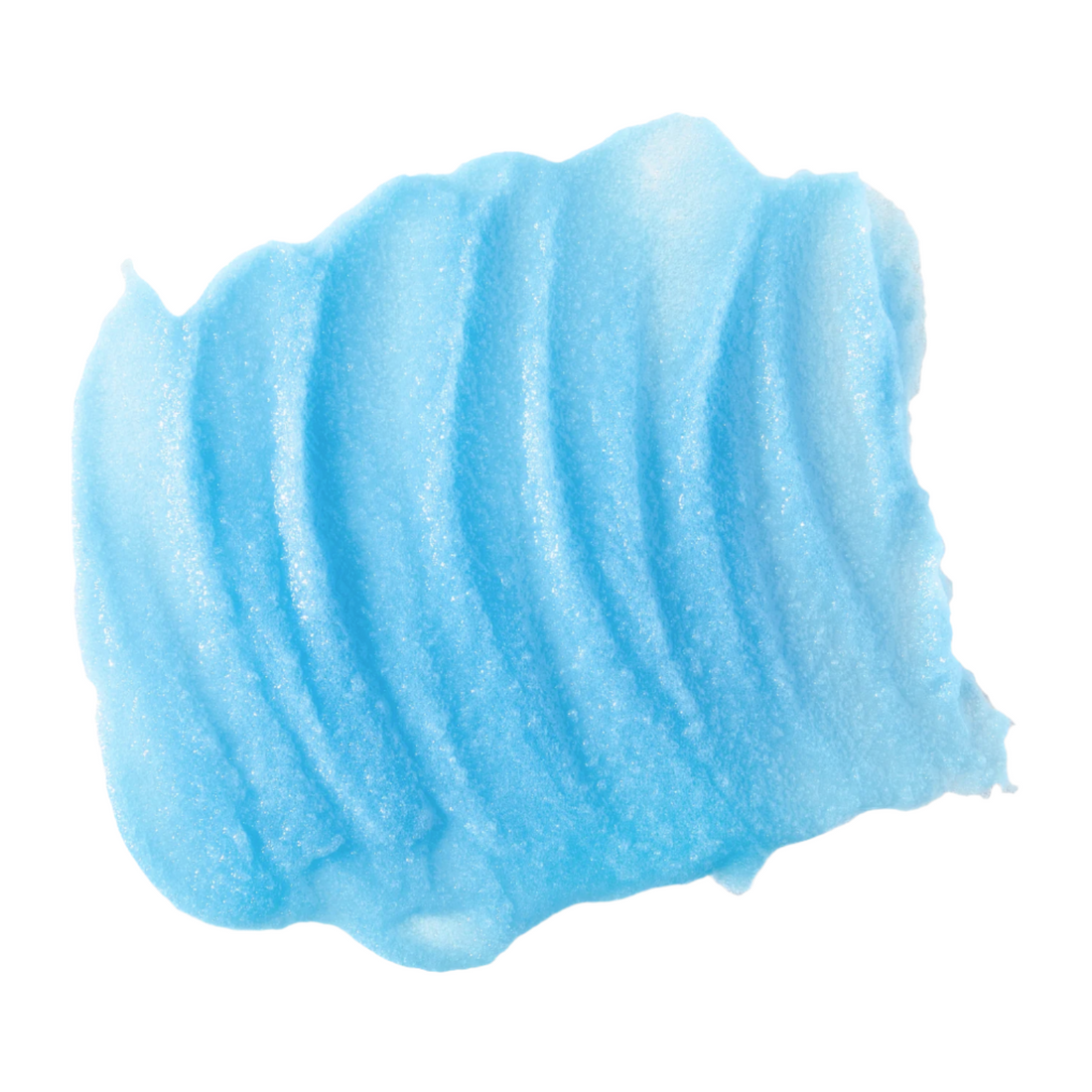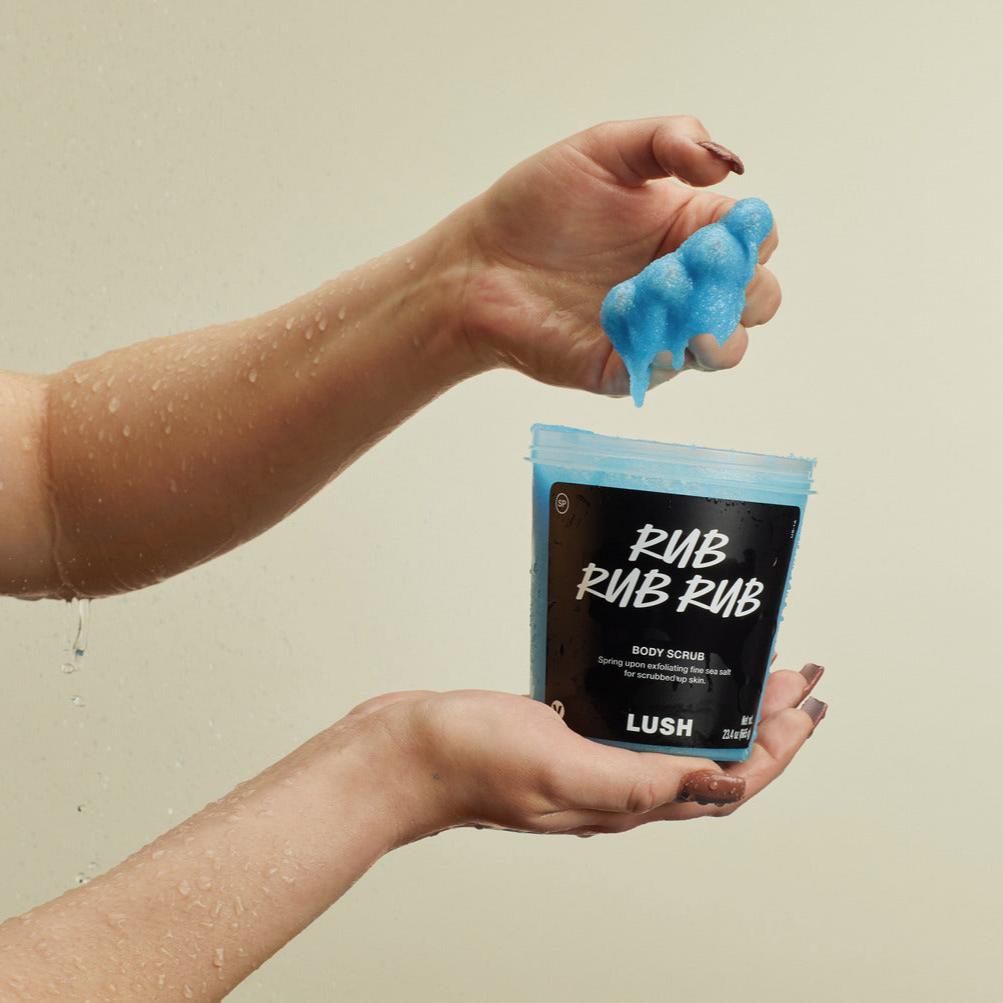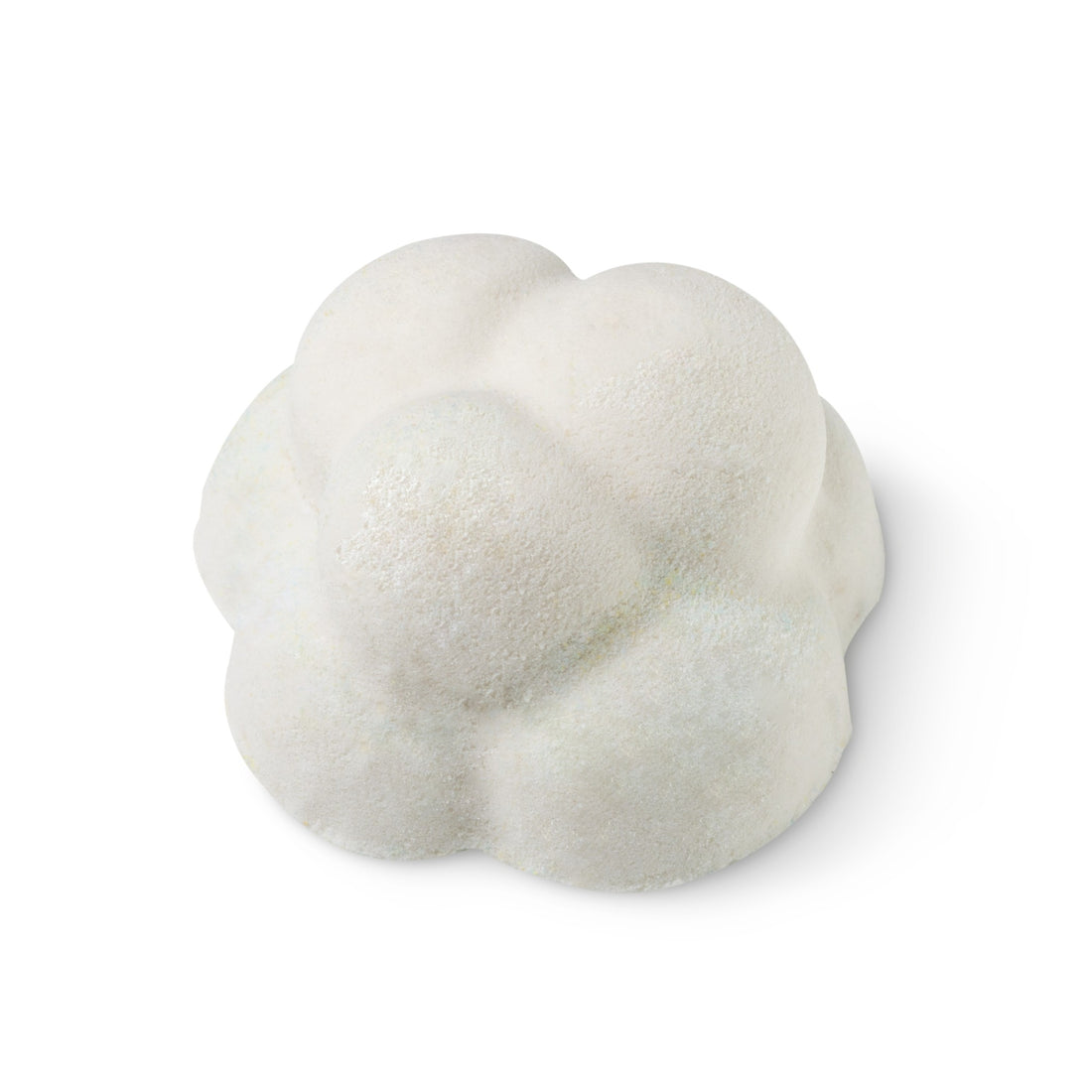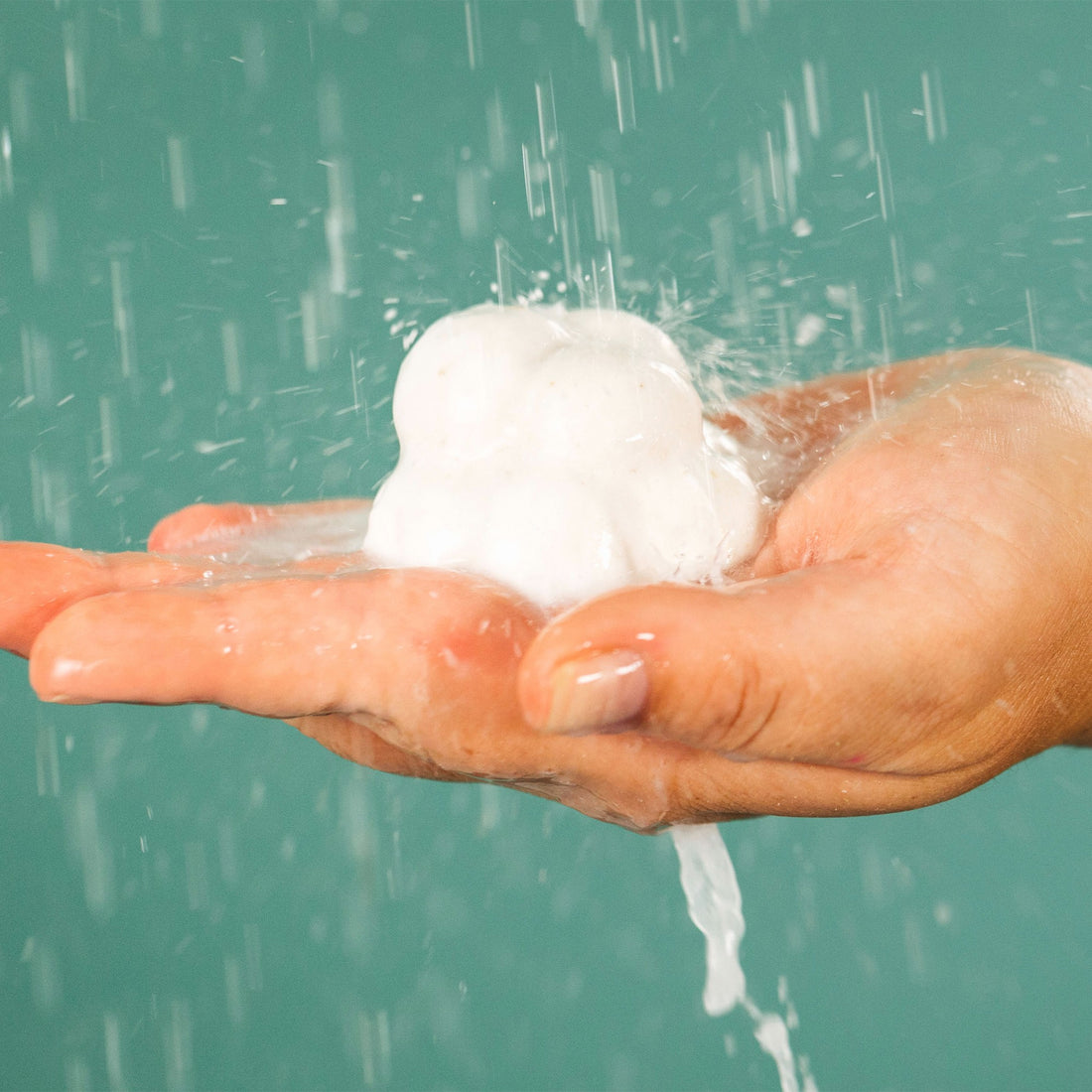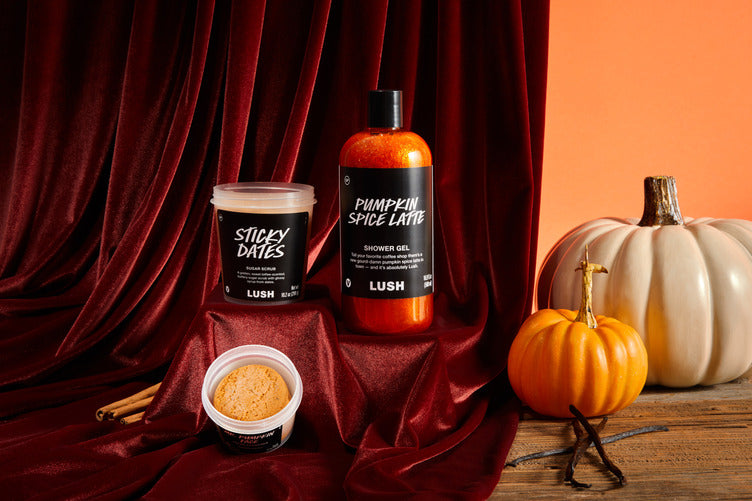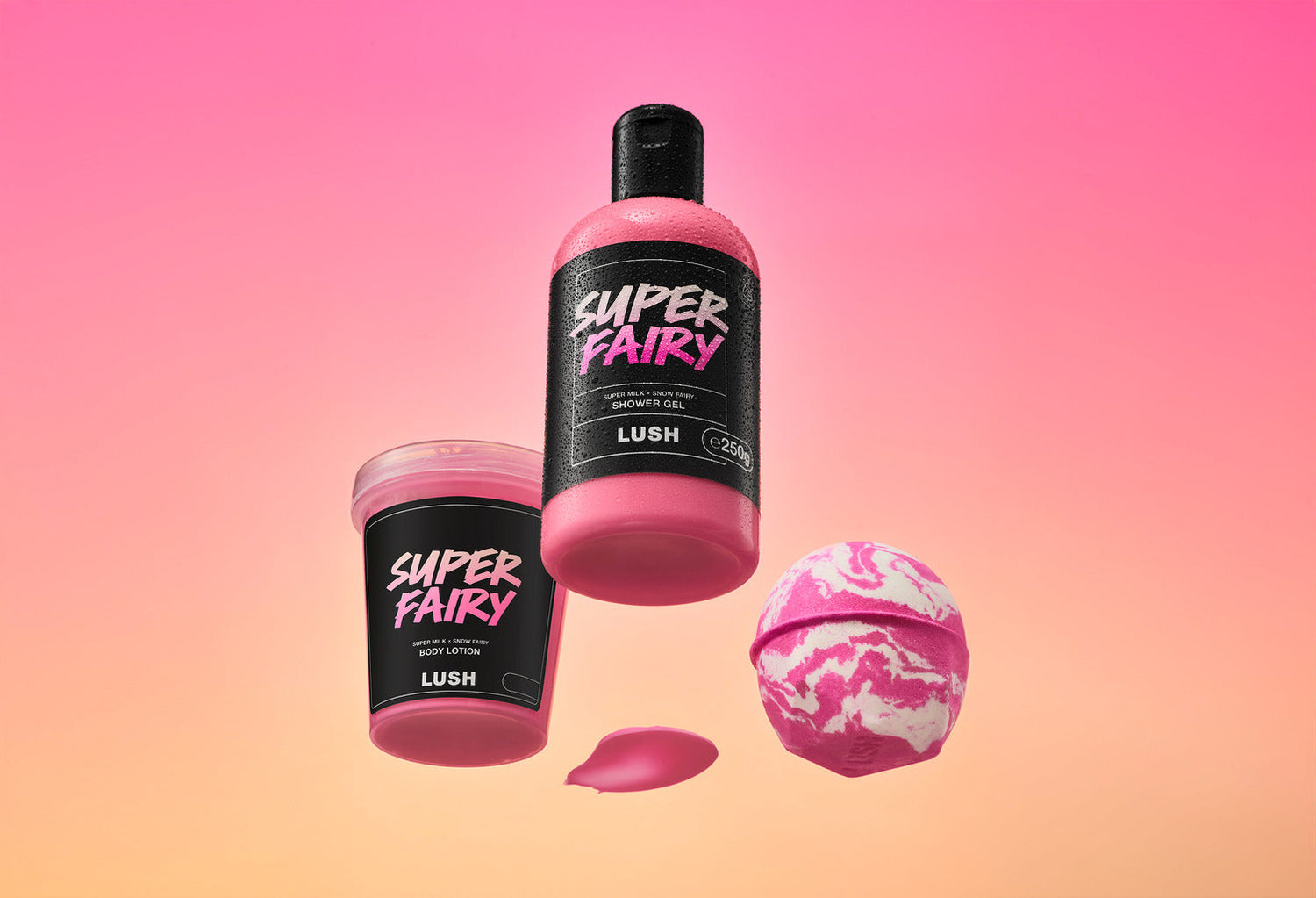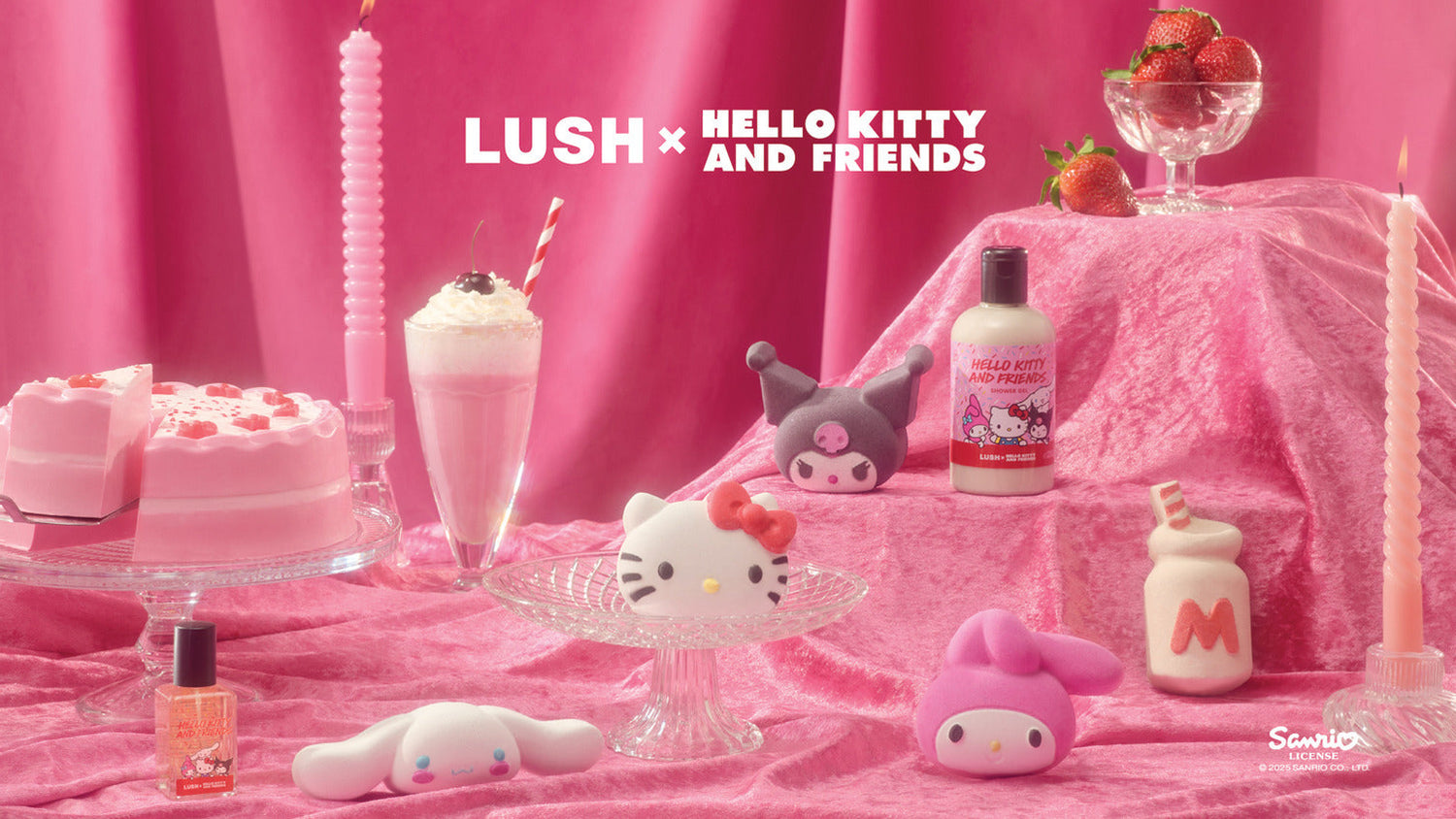If you think handmade means woolly jumpers, craft fairs and Etsy, think again. Every day, millions of Lush products are pressed, shaped and perfected by the skilled hands of our product chefs, and, according to co-founder and CEO Mark Constantine, that’s exactly what gives Lush its cutting edge.
He explains: “This strange business model we have where we have people making the products is actually incredibly unique and very flexible. If another company wants to make a change in production, like removing or reducing packaging, it’s a huge cost to them to adjust the big machinery they use. But for Lush we can work with the people we employ to shift the focus. If we don’t sell many bath bombs next week, but we notice we’re selling more shampoo bars, then the person we hired can swap to making shampoo bars. For us, it’s simple. But manufacturing in Britain isn’t like that anymore, so other companies are stuck. We have an incredibly flexible workforce and it’s bloody brilliant!”
Handle with care
Much like your favourite foods, Lush products need manufacturing in careful conditions and with a lot of TLC. A combination of fresh, active ingredients, temperamental essential oils and a strict freshness policy (all products must leave the factories within 28 days of being made other than at Christmas) means a machine just can’t give them the attention and care they need.
But the practicalities of turning initial inventions into products that can be made on a larger scale can be complex to navigate. Enter Lush co-founder and product inventor Mo Constantine who lived the childhood fantasy of every Roald Dahl reader: having a chocolate factory in the family. It is a fascination that she says piqued her interest in manufacturing from an early age – luckily as it goes, as Mo was the one turning husband Mark’s early herbal cosmetics into viable products that would be sold at The Body Shop.
“My aunt married into Needlers, the chocolate people,” Mo recalls, “and when I was a kid I used to go and visit the chocolate factory and have a look round. I can remember it quite vividly: vats of chocolate being made, and conveyer belts with individual chocolates being on there, so I often wonder if that was where I got my interest in manufacturing from. I’m very conscious of the fact now that when people visit the factory that’s probably the only time in their life that they’re going to visit a factory and it can really inspire people to take that route. I was particularly inspired by the confection and you’ll see that in Lush’s products.”
Mo’s knowledge was to be integral to the growth of both Cosmetics To Go and Lush, with their focus on fresh and handmade cosmetics. She explains: “Our products and materials have always required a gentle touch and delicate handling from formulation to production to packing and dispatching to our shops. We've also always been conscious of the materials we use and in the early years dabbled extensively with natural materials, which back in the day were considered witchcraft! But we realised early on that there are many great ingredients to be incorporated for use in cosmetics and that has been our speciality.”
In order to use no or minimal preservatives and give customers the most effective products possible, Lush makes much smaller, fresher batches than your typical cosmetics company and products have a shorter shelf life.
“Our formulae have always been simple and effective,” continues Mo, “with no heavy doses of preservatives. Our materials have always been the finest quality we can buy and we have become increasingly particular with the essential oils we use. All of these are the basis for why we make the products in the way we do. It suits us to do batches little and often. This is not the most commercial route, but it works for us and it gives us the edge on competitors.”
She says the company has also learned from the days of the company before Lush: Cosmetics To Go. “Big batches encourage big buying and big storage. Everything bulks up; your filling line is required to do tens of thousands of a single product. We took many messages from those large-scale days but mainly make a mistake and you make a big one.”
Lesson 1: When it comes to fresh cosmetics, the best things come in small batches.
Skilled people
Whether it’s squeezing lemons, chopping fresh fruit, stirring vats of cocoa butter or shaping bath bombs, making a single Lush product is much like making an intricate meal. And, as practised chefs will know, no matter how many times you follow the same recipe, no batch is ever identical. The different expressions you’ll find on some of your favourite products (take Lucky Cat bubble bar for example) is just another quirk of the handmade process.
When you pick up a potted product in store, you’ll also find a face sticker attached which tells you who made it, when to use it by and - unusually for the cosmetics industry - when it was made. If it’s a naked product, like a bath bomb or shampoo bar, all this information is recorded by the shop. It means every product can be traced back to the person who whipped up the batch in the factory. Some of our regular shoppers even have a favourite compounder for certain products – have you tried Nev’s Ultrabland?
It takes a lot of dedication to earn your Lush face sticker as Ashley O’Sullivan who swapped a career as a postie for one within compounder development knows. “Within compounding we have many different tasks and skills we need trainees to learn,” he explains. “The trainee first learns how a product is made from a trainer, then makes the product assisted, then makes the product on their own whilst being watched by the trainer before finally working completely on their own.
“Many products have different processes so learning all the products for a department is a great achievement. We also have master compounders who have worked in many different departments and have a great knowledge of the processes and products.”
People might come for a job, but they stay for the atmosphere. Ashley explains: “There really is a family feel to Lush manufacturing. Many families work within the company and it’s not uncommon to find partners, parents and grandparents in the same department. The atmosphere is very unique for a manufacturing business. We have some extremely talented people and some real characters and both are key instruments for a successful team. Each year many people move into different roles around manufacturing and it’s great to see people’s skills and confidence grow over the years.”
A workforce of many voices
The heart of Lush manufacturing is still in Poole, where the company started, though more factories opening worldwide such as in Dusseldorf have enabled faster and fresher international deliveries. Still, in 2017, Poole catered for 376 different shops in 23 different countries (not to mention customers who order online) - that’s a lot of a muscle required from a sleepy Dorset town.
Mo recalls: “In early 2000, we found there was a shortage of local staff here in Poole. At the time, Europe was in crisis and many Polish folk arrived looking for a good solid income, and so the match was made. We currently employ nearly 1,500 people staff in Poole around half of whom are from Poland and 52 other countries around the world. The Polish connection brought strength to our business and made it possible to support the growth.”
What about the much-debated gender divide in the manufacturing industry? Boxes are for Christmas gifts, not people, and, so, while simply rolling out statistics doesn’t represent staff members who identify as non-binary or do not wish to disclose their gender, the latest UK reports are promising. While recent data from the Office of National Statistics says the national gender split in manufacturing is 76% male and 24% female, the UK Lush factory has a more balanced breakdown, with sisters doing it for themselves representing 45% of employees. Lush is proud to be a company of many voices and as always, there’s more work to be done in these areas.
Handmade is the future
What’s next? Lush is always thinking bigger, bolder, fresher. Handmade enables us to push the boundaries of what’s possible in cosmetics so don’t expect to see an automated assembly line any time soon, particularly when passion for handmade expertise runs through the business.
Ashley argues: “Being handmade makes us unique and adds passion and expertise to our finished products. If everything was to become machine made we would lose so much creativity and passion, not to mention permanent and temporary jobs for the local area.”
It’s a sentiment Mo strongly endorses. “Today sees around thousands of staff in seven factories around the world making our products: the finest, freshest products, innovations and inventions never before seen in the cosmetic world. We are right to be proud.”


